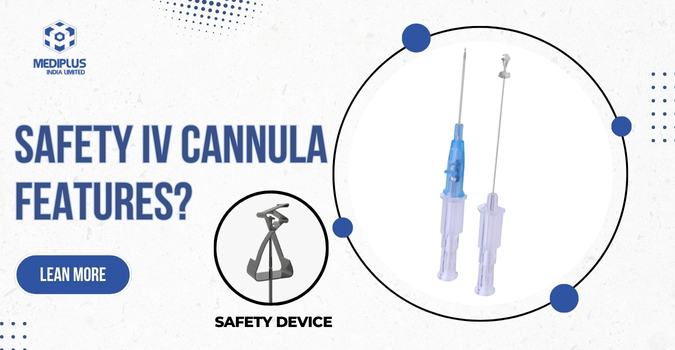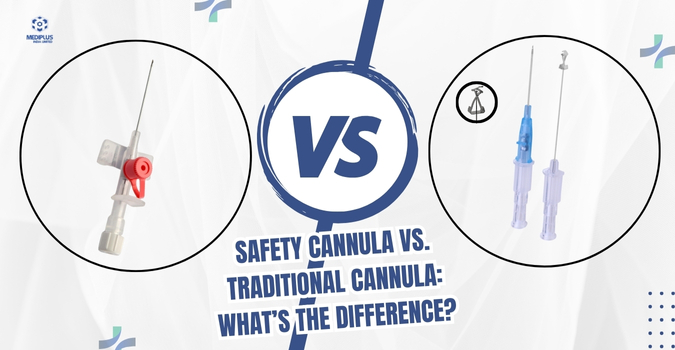
Exploring the Importance and Advancements of IV Cannulas in Healthcare
What Are IV Cannula?
An IV cannula is a thin, flexible tube used to inject drugs and fluids directly into a patient’s circulation. This essential medical device is inserted into a vein, providing quick and efficient access for the delivery of necessary treatments. To ensure optimal patient care and achieve the desired treatment outcomes, healthcare practitioners must have a solid understanding of IV cannula principles.
The Significance of IV Cannula in Contemporary Healthcare
An essential component of modern healthcare, the IV cannula represents the intersection of patient-centered care, innovation, and efficacy. Due to its adaptability, reliability, and safety, the IV cannula is a vital tool for medical professionals across various clinical specialties, fostering a culture of excellence in healthcare delivery and ensuring optimal patient outcomes. As medical technology continues to advance, the IV cannula will undoubtedly remain a critical element in the therapeutic arsenal, shaping patient care for years to come.
Advantages of IV Cannula in Patient Care
The adaptability of the IV cannula is one of its main advantages. It can be used in a variety of medical procedures, such as chemotherapy, blood transfusions, pharmaceutical administration, and hydration. Additionally, it allows medical professionals to adjust a patient’s treatment plan as needed by enabling continuous monitoring of their condition. Explore Mediplus (India) Limited, a leading IV cannula manufacturer, exporter, and supplier worldwide.
Innovations in IV Cannula Technology
Intravenous needles have evolved significantly due to recent advancements in medical technology. New materials and designs have improved patient comfort and simplified the insertion process for medical professionals, leading to reduced discomfort and fewer challenges for everyone involved.
The Role of IV Cannula in Infection Prevention
Infection control is a critical concern in healthcare environments, and IV cannulas play a significant role in preventing the transmission of harmful bacteria. By employing sterile techniques and routinely changing IV sites, healthcare professionals can minimize the risk of infection, thereby safeguarding patients during their treatment
IV Cannulas in Emergency Situations
IV cannulas can be life-saving in emergencies. Quick access to a patient’s bloodstream can make the difference between life and death in situations such as trauma or cardiac arrest. This ability enhances the chances of patient recovery by enabling the prompt administration of vital medications and fluids.
Conclusion: The Future of IV Cannulas in Healthcare
In conclusion, advancements in materials and technology have contributed to a positive outlook for IV cannulas in healthcare. Healthcare professionals can expect increased efficiency in IV therapy administration, reduced infection rates, and enhanced patient comfort. As the healthcare industry continues to evolve, IV cannula will remain essential in improving patient care and outcomes. To ensure the best possible use of IV cannulas in this dynamic environment, it is important to stay informed and adopt the latest developments
News Update
-
 26 Feb 2025What is IV Cannula Size and Usage
26 Feb 2025What is IV Cannula Size and Usage -
 30 Nov 2024Safety IV Cannula Features?
30 Nov 2024Safety IV Cannula Features? -
 30 Nov 2024Safety Cannula vs. Traditional Cannula: What’s the Difference?
30 Nov 2024Safety Cannula vs. Traditional Cannula: What’s the Difference? -
 30 Nov 2024Protecting Healthcare Workers: The Role of Safety IV Cannula
30 Nov 2024Protecting Healthcare Workers: The Role of Safety IV Cannula -
 30 Nov 2024Exploring the Importance and Advancements of IV Cannulas in Healthcare
30 Nov 2024Exploring the Importance and Advancements of IV Cannulas in Healthcare

